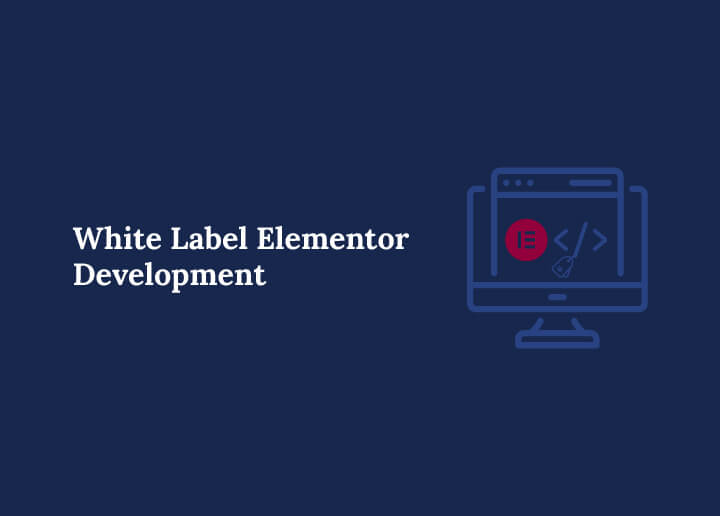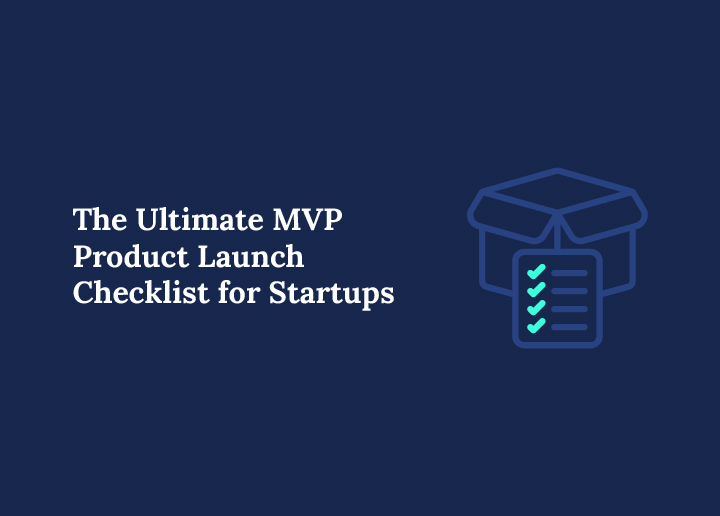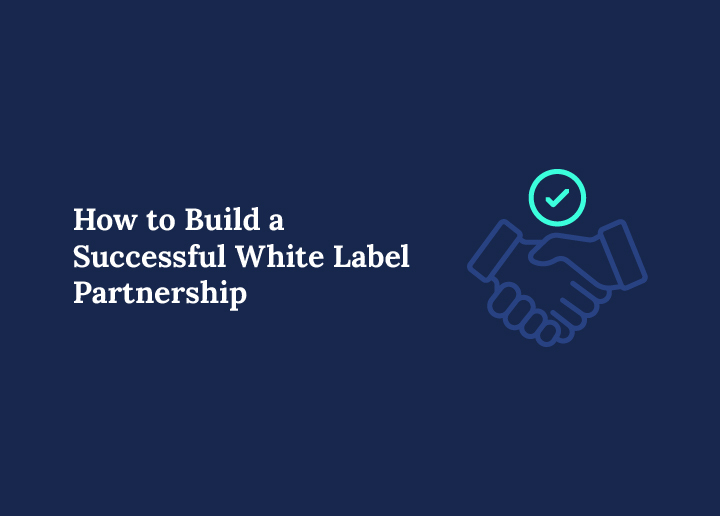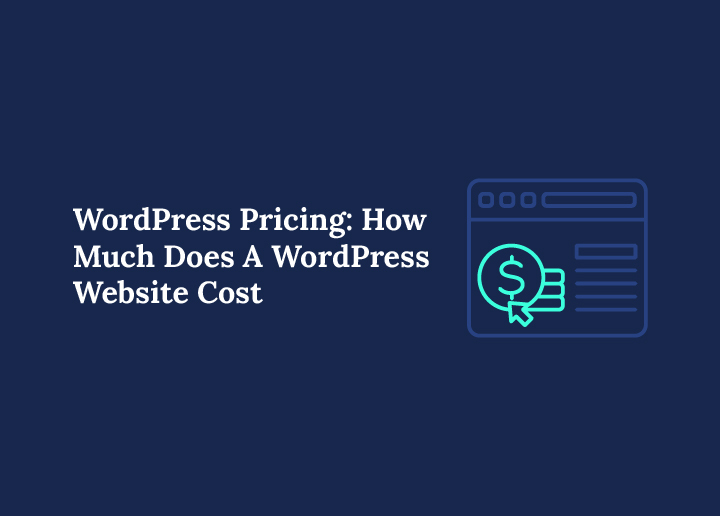White Label Elementor development empowers agencies and freelancers to deliver high-quality WordPress websites without handling the technical workload in-house.
By leveraging the power of Elementor, one of the most popular WordPress page builders, agencies can boost productivity, cut costs, and grow their brand.
Your white label provider can provide custom Elementor-based websites under your own brand. This model allows you to scale faster, maintain full brand control, and meet tight deadlines without hiring additional staff.
In this guide, we’ll explore the hidden advantages of white label Elementor development, how it works, and how it can help your business scale faster and smarter.
What is White Labeling?
White labeling is a business model where a product or service is created by one company but sold and branded by another as their own. You might already see this model in action in various industries, from food products to software solutions.
In the digital services world, white labeling lets agencies offer services like web design, SEO, or development under their own brand name, even though another team performs the actual work.
Why Does it Matter in WordPress?
WordPress powers over 43% of websites globally, and Elementor is one of the most widely used page builders within the platform. As WordPress grows, more businesses want fast, professional websites. White labeling lets you deliver that while focusing on marketing and client relationships instead of the technical aspects.
Power Your Brand with Our White Label Services
Transform your business by offering top-tier products under your own brand, Our white label services provide the flexibility and scalability you need to grow quickly.
Understanding the Elementor Page Builder
If you’re in the web development space, you’ve probably heard of Elementor. It’s a drag-and-drop WordPress page builder that simplifies the entire website creation process, no coding required.
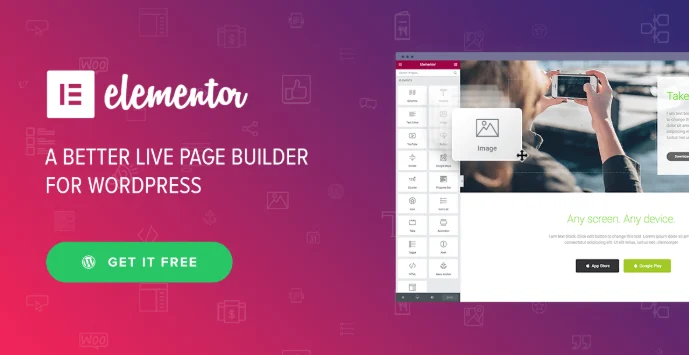
Key Features of Elementor:
- Intuitive Interface: User-friendly dashboard with visual editing.
- Theme Builder: Customize headers, footers, blog posts, and more.
- Pre-designed Templates: Speeds up design with ready-to-use layouts.
- Responsive Editing: Ensures mobile-friendly designs.
- Third-party Integrations: Works seamlessly with other plugins and tools.
Because of its ease of use and flexibility, Elementor is the go-to tool for many web designers and developers. It also serves as a strong foundation for white label WordPress services, especially when used strategically.
Learn: How to Create a Directory Site Using Elementor
What is White Label Elementor Development?
White label Elementor development involves outsourcing your website building tasks to a team of Elementor experts, while keeping all the branding and client communication under your own business name.
This means:
- The client sees your logo, not Elementor’s.
- The backend is branded with your agency’s colors and name.
- You maintain full control over client relationships.
- The technical development is handled by skilled professionals behind the scenes.
It’s the perfect blend of branding, efficiency, and scalability.
Benefits of White Label Elementor Development
Now that we understand what it is, let’s dive into the real benefits of white label Elementor development.
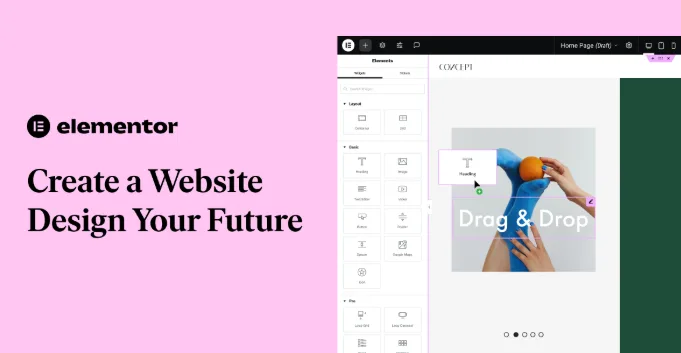
Boosts Brand Credibility: By customizing the Elementor dashboard and removing third-party branding, your agency looks more professional. Clients feel confident knowing they’re working with a consistent, polished brand.
Reduces Development Costs: Hiring full-time developers is expensive. With white labeling, you only pay for what you need. It’s a cost-effective way to scale your offerings without increasing your overhead.
Saves Time and Resources: No need to start from scratch. White label teams often use ready-to-go Elementor templates, custom widgets, and optimized workflows that speed up delivery.
Focus on Growth Activities: Free up time to focus on what you do best: sales, marketing, and client support. Let experts handle the backend work while you grow your agency.
Scalable and Flexible: White label models allow you to take on more projects without worrying about resource limits. Need five sites this month? Ten next month? It scales with you.
Improves Client Satisfaction: Quick turnarounds, professional designs, and smooth project delivery lead to happier clients and repeat business.
Enhanced Customization: Even though you’re outsourcing development, you still control the look, feel, and functionality of every site. Elementor makes it easy to customize designs to fit client needs.
Check out: What is a White Label Agency & How Does it Actually Work
Different Business Models That Use White Labeling
White labeling isn’t a one-size-fits-all solution. It’s highly adaptable and can support a variety of business models across the digital services space. Depending on your goals, resources, and client base, you can tailor white label Elementor development to fit your specific needs.
Product White Labeling
This model involves creating Elementor-based website templates or digital assets that you can resell as your own. You can package these templates for niche industries, like real estate, e-commerce, or coaching, and offer them through your website or marketplaces. It’s a great way to generate passive income while expanding your brand’s reach with minimal effort.
Service White Labeling
Under this model, you outsource Elementor development projects to a white label partner but present the work as your own. Whether you’re offering custom website design, landing pages, or redesign services, the client sees your agency as the sole provider.
This approach is perfect for scaling operations, maintaining quality, and meeting tight deadlines without needing an in-house development team.
Platform White Labeling
Here, you build a fully branded CMS experience using Elementor and WordPress, offering it as your proprietary platform. You can offer clients a website-as-a-service (WaaS) solution, where they subscribe to use your platform and manage their own sites within it. This model positions you as a tech solution provider and opens doors to recurring revenue streams.
Each of these white label models empowers your business to scale efficiently, deliver faster, and stand out in a crowded market while keeping your brand front and center.
Know more: Top-Rated White Label Website Builders
How White Labeling Supports Brand Building and Expansion?
White label Elementor development isn’t just a cost-cutting strategy; it’s a strategic move to strengthen and scale your brand. By offering expertly built websites under your own name, you enhance your market presence and create lasting impressions on clients.
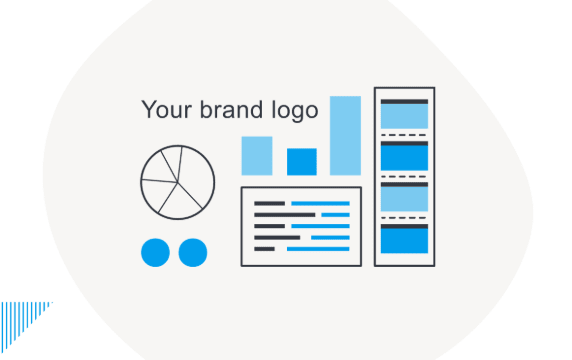
- Creates a Unified Customer Experience: With white labeling, every part of the web development process, including the dashboard, login screens, and even admin menus, reflects your brand. Clients won’t see Elementor or third-party logos. Instead, they experience a seamless, on-brand environment that builds familiarity and loyalty.
- Builds Trust: Consistency and professionalism matter. A white-labeled Elementor interface gives clients the impression that your agency is a full-service provider with end-to-end capabilities. This boosts your credibility and positions you as an expert in their eyes.
- Supports Growth: As demand increases, you can take on more projects without worrying about resource constraints. No need to hire and train developers; your white label partner handles production, while you focus on closing deals and building client relationships.
- Custom Targeting: White labeling allows you to tailor solutions for niche markets, whether it’s retail store, healthcare, or local service providers. By offering industry-specific templates and features, you speak directly to the needs of your target audience and stand out from competitors.
In short, white labeling helps you build a recognizable, trusted brand while enabling sustainable business expansion, all without compromising quality or control.
Comprehensive Guide: What is White Label
Steps to White-Label Elementor
Successfully white labeling Elementor requires a few key customizations. While the process isn’t complex, getting it right ensures a seamless, fully branded experience for your clients, one that reflects your agency’s professionalism and builds trust.
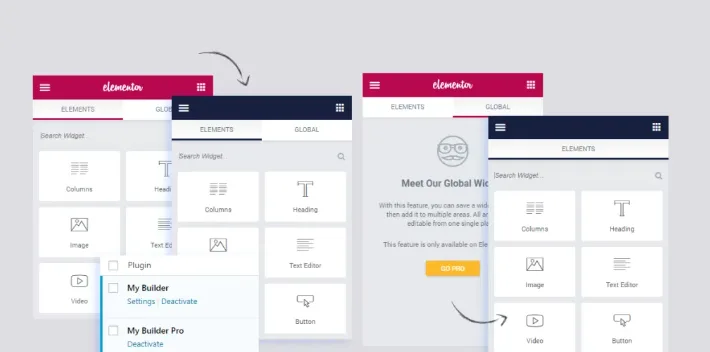
Step 1: Customize Elementor Branding
Start by replacing all default Elementor branding with your own. This includes:
- Swapping out the Elementor logo for your agency logo.
- Customizing the dashboard colors to match your brand’s color palette.
- Modifying labels, loading screens, and tooltips with your agency’s language and voice.
- Linking help menus or support buttons to your internal documentation or client portals.
These small changes go a long way in presenting a fully cohesive brand experience.
Read: Best Branding Ideas for Your Business
Step 2: Use White Label Plugins
You don’t need to manually edit code to white-label the Elementor environment. Instead, use powerful white label plugins to simplify the process. Recommended options include:
- White Label CMS: Customize admin menus, login screens, dashboard widgets, and more.
- WP Admin UI Customize: Tailor the backend UI for better client usability.
- Elementor Custom Branding: Specifically designed to replace Elementor’s identity with yours.
These tools save time and help you create a cleaner, client-friendly interface.
Step 3: Hide Elementor References
To keep your branding consistent, remove any leftover Elementor references that might appear in the backend. This includes:
- Post state texts (like “Edit with Elementor”).
- Elementor-branded links or tooltips.
- Credits or footer mentions in the builder interface.
A fully white-labeled solution should feel like your agency built the site entirely from scratch.
Step 4: Control Client Access
Not all clients need or want access to every backend setting. To prevent accidental changes or overwhelm:
- Restrict access to critical tools and settings within WordPress and Elementor.
- Create a simplified dashboard view using admin customizer plugins.
- Offer a role-specific experience for editors, contributors, or clients.
This helps ensure your clients only see what they need, reducing support requests and maintaining site stability.
Find out: How to Setup Elementor Shortcodes for Easy Template Use
Offer Cutting-Edge White Label Elementor Solutions
Enhance your web development services by partnering with us for white label Elementor solutions.
Custom Elementor Development and Why it Matters
While Elementor offers powerful drag-and-drop features out of the box, sometimes off-the-shelf templates and modules just don’t cut it. Clients often want websites that reflect their brand identity, offer unique functionality, or support specific business goals. That’s where custom Elementor development steps in.
What it Includes
Custom development with Elementor goes far beyond basic design. It involves building highly tailored, feature-rich websites that are made to perform. Some key components include:
- Custom Widgets and Elements: Create interactive and brand-specific elements that aren’t available in the default Elementor.
- Tailored Templates and Layouts: Design unique, reusable layouts that perfectly align with the client’s branding and content strategy.
- Advanced Functionalities: Add features like booking systems, dynamic sliders, forms with conditional logic, member areas, and more.
- Optimized Page Speed and SEO: Ensure each site is lightweight, fast, and search-engine-friendly through clean code and performance tuning.
Benefits of Custom Elementor Development
Custom Elementor development adds real value for both you and your clients.
- Solves Specific Client Needs: From custom navigation to complex user flows, tailored features help businesses function more effectively online.
- Delivers Stand-Out Designs: Unique styling and interactivity help your clients differentiate themselves from cookie-cutter competitors.
- Positions Your Agency as a Premium Provider: Offering custom solutions elevates your agency’s reputation and allows for higher pricing.
Even if your agency doesn’t handle the coding in-house, you can still offer advanced services through white label Elementor experts. They build under your brand, allowing you to deliver top-tier results while focusing on client management and strategy.
By including custom development in your service mix, you move beyond just building websites, you build custom digital solutions that support long-term client success.
Guide: How to Seamlessly Migrate from WPBakery to Elementor
How to Choose the Right White Label Partner?
Not all white label partners are created equal. Choosing the wrong one can lead to missed deadlines, poor-quality work, and unhappy clients.
On the other hand, the right partner becomes a seamless extension of your agency. They can deliver consistent quality, freeing up your time, and helping you grow sustainably.
Here’s what to look for when evaluating a white label Elementor development partner:
Experience with Elementor and WordPress
Look for a team that specializes in Elementor and understands WordPress inside out. They should be well-versed in the platform’s ecosystem, including theme building, plugin integration, and best practices for scalability and performance.
Strong Portfolio of Custom Design Work
Review their past projects. A credible partner will have a diverse portfolio that showcases clean, functional, and aesthetically appealing designs. This demonstrates their ability to handle a range of industries and complexity levels.
Ability to Meet Deadlines
Timely delivery is critical for maintaining your reputation. Your partner should have a proven track record of meeting deadlines without compromising quality, even during high-volume periods.
Clear Communication and Project Management
A reliable partner communicates proactively. They should offer transparency in timelines, costs, and project status through effective project management tools like Slack, Trello, ClickUp, or email. You should never be left wondering where a project stands.
Ongoing Support and Updates
Development doesn’t stop at launch. Choose a partner that offers post-launch support, bug fixes, and updates, especially when WordPress or Elementor releases new versions. This ensures the websites stay secure and up-to-date.
Final Thoughts
White label Elementor development isn’t just a clever business tactic; it’s a smart growth strategy. By outsourcing technical tasks and customizing the user experience, you can scale your agency, reduce costs, and deliver consistent, high-quality websites to your clients.
Whether you’re a freelancer aiming to take on more projects or an established agency looking to streamline your operations, white label development with Elementor offers the tools, flexibility, and branding power you need.
In a competitive digital landscape, success comes from doing more with less. White labeling lets you do just that without compromising quality or control. So, start today and unlock the full potential of Elementor through white label solutions.
White Label Elementor Development FAQs
Can you white label Elementor?
Yes, you can white label Elementor by customizing the Elementor editor, replacing the Elementor loading logo, modifying the Elementor text, and removing visible branding. Using plugins like Elementor Custom Branding, WordPress professionals and agencies can tailor the interface for clients.
While the free version has limited options, the Elementor Pro version offers extended flexibility with specific features and built-in features that support advanced customizations. This is a common strategy in the WordPress community to create seamless, branded WordPress websites.
Do you get access to the Elementor theme with the Elementor builder plugin?
Yes, the Elementor builder plugin provides access to the Elementor Theme Builder, especially with the Elementor Pro version for advanced customization.
What is the difference between white label and custom development?
White label development involves rebranding a service or product created by another provider; it is commonly used by agencies to deliver services under their name. Custom development, however, refers to building solutions from scratch based on client requirements.
While white label services are ideal for speed and scalability, custom CSS, Figma designs, and custom features give more control over the final product. White label agencies often combine both to ensure optimal performance and faster delivery.
What is white label WordPress development?
White label WordPress development allows agencies or software companies to offer WordPress websites and services under their brand without doing the actual coding. It’s a go-to solution for scaling services without increasing internal workload. These services often include Elementor Pro, plugin details customization, and ongoing maintenance.
